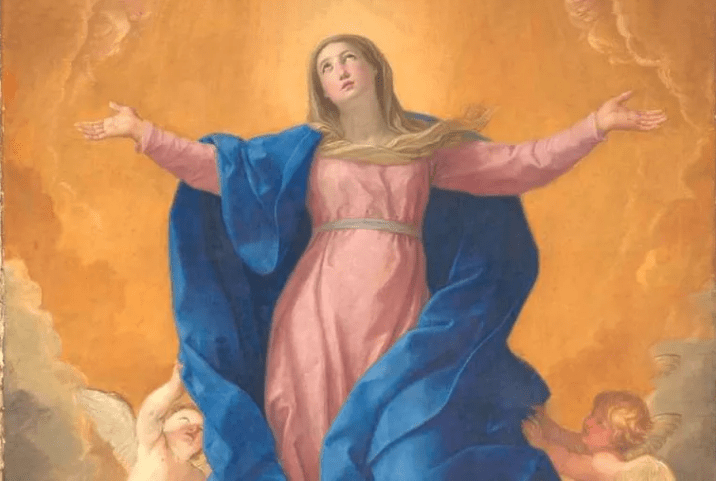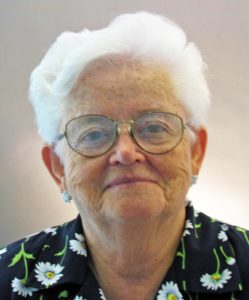
We who live in the Western world are not very comfortable with the word “mystery.” Our Eastern brothers and sisters, on the other hand, are much more inclined to be at ease with a state of unknowing. Why is that? We can trace this attitude to our ancestors the Greeks who were convinced that ultimately all mysteries could be solved through rationalization. Yet here we are almost three thousand years later still plumbing the answers to the questions we have concerning the natural world, our cosmos, and even the functioning of the human brain. We have only scratched the surface of so many unexplainable situations.
Today our Church asks us to commemorate an event that is certainly a mystery - the Assumption of Mary into heaven. This event has been celebrated from the very earliest of Christian times and is included in the history of Sacred Tradition. Although Scripture and Revelation are held in paramount esteem, nevertheless the Church has great regard for certain traditions. It has only been declared in modern times as a dogma of faith by Pope Pius XII in 1950.
The Church usually does not proclaim dogmas of the faith easily but being moved by the catastrophe of the Second World War and the Holocaust, Pius XII was inspired to raise this age-old tradition to the status of a doctrine of faith in order to contradict the demeaning philosophies of Nazism and Fascism under which millions of people had suffered and died. Mary's Assumption was a reminder of God's reverence for all of his creatures and how we should, in turn, respect the human dignity of our brothers and sisters.
The story or tradition of Mary's death or Dormition (meaning her death or sleeping) can be traced back to the earliest of Christian times. This event was celebrated in both the Eastern and Western Churches. We know little about Mary's last years or where she spent them. There are two schools of thought. One says that she lived out her final years in Jerusalem, which would be logical since Jesus spent his last days there. In fact, there is a church at the base of the Mount of Olives dedicated to her Dormition.
The other site where she may have lived was in Ephesus where the Apostle John was known to have preached. There is a story that when Mary was dying, the Apostles gathered together and were present at her death (although Thomas was missing--again). When Thomas did arrive, he insisted on reverencing her mortal remains and asked for the burial chamber to be opened. Upon doing so, they discovered that her body was missing but the presence of an overwhelming fragrance of flowers filled the air. Hence, her body was thought to have been assumed into heaven. What a lovely thought and how well-deserved given her unquestionable faith-filled life.
On one occasion during Jesus' public ministry, one person s voice was heard among the rest saying, "Blessed is the womb which bore you and the breasts that nursed you." To which Jesus responded, "Rather blessed are they who hear the word of God and keep it." (Luke 11:28) This anonymous person gave Jesus the opportunity to praise his mother for indeed, no one before or since has ever kept God's Word more perfectly than this humble maid of Nazareth. Throughout her earliest years from Bethlehem to Nazareth to Calvary, she would be a supreme model of living out God's will.
What is of greatest importance to us in regard to this feast day is her legacy summed up in Jesus' own words. Her blessedness did not lie so much in her being the physical mother of Jesus but rather in her day-to-day living out of His Word. And she says to each of us that we will share in the same blessedness when each of our days begins and ends by living out God's Word now and at the hour of our death, Amen.
– Sister Helen R. Boyd, OP
Sister Helen resides in Dominican Convent where she serves
on the Life Enrichment Committee and co-chairs the
Mission Outreach Committee.
